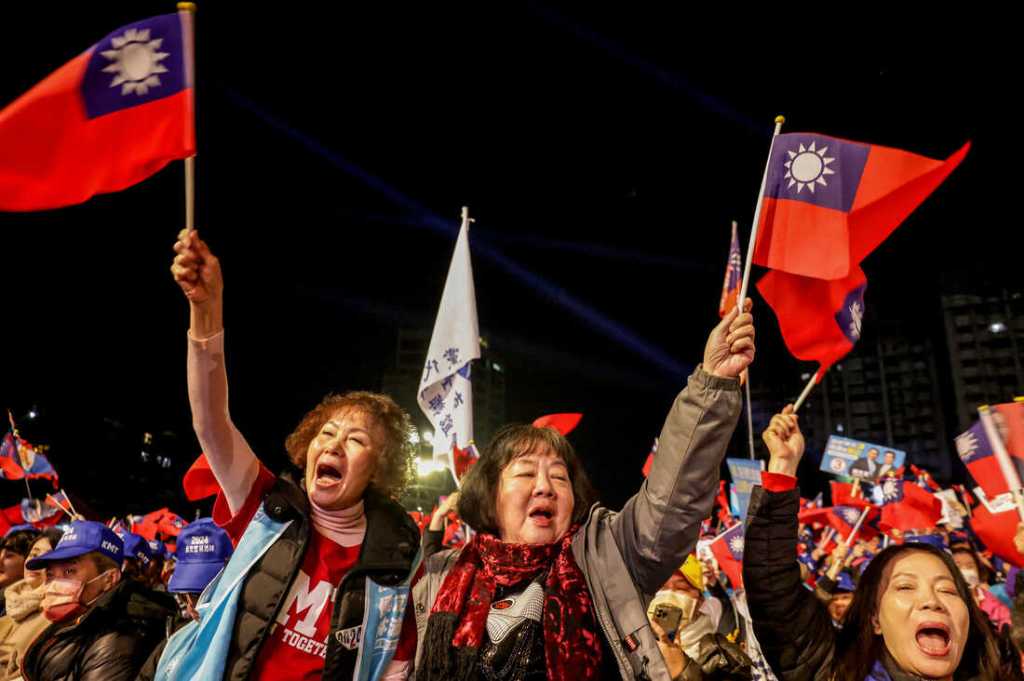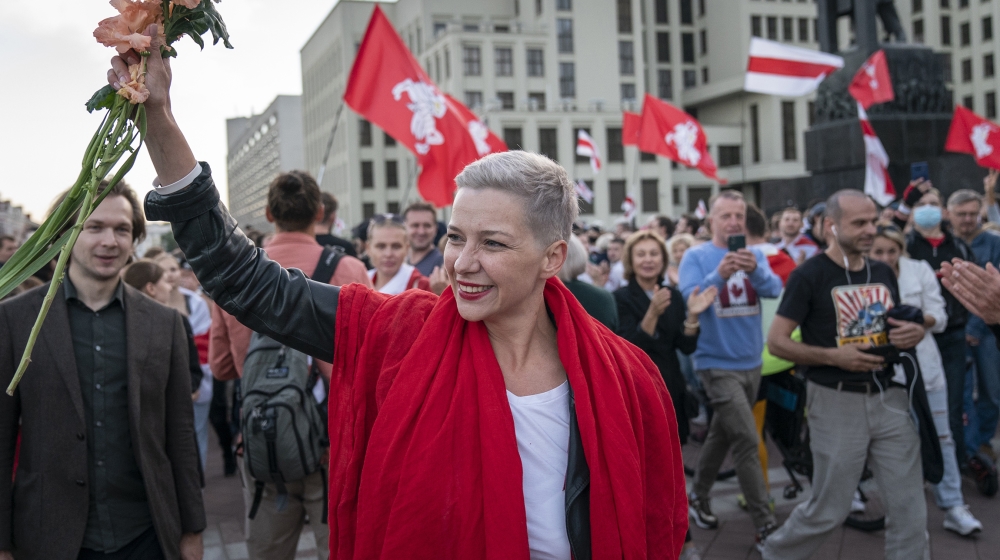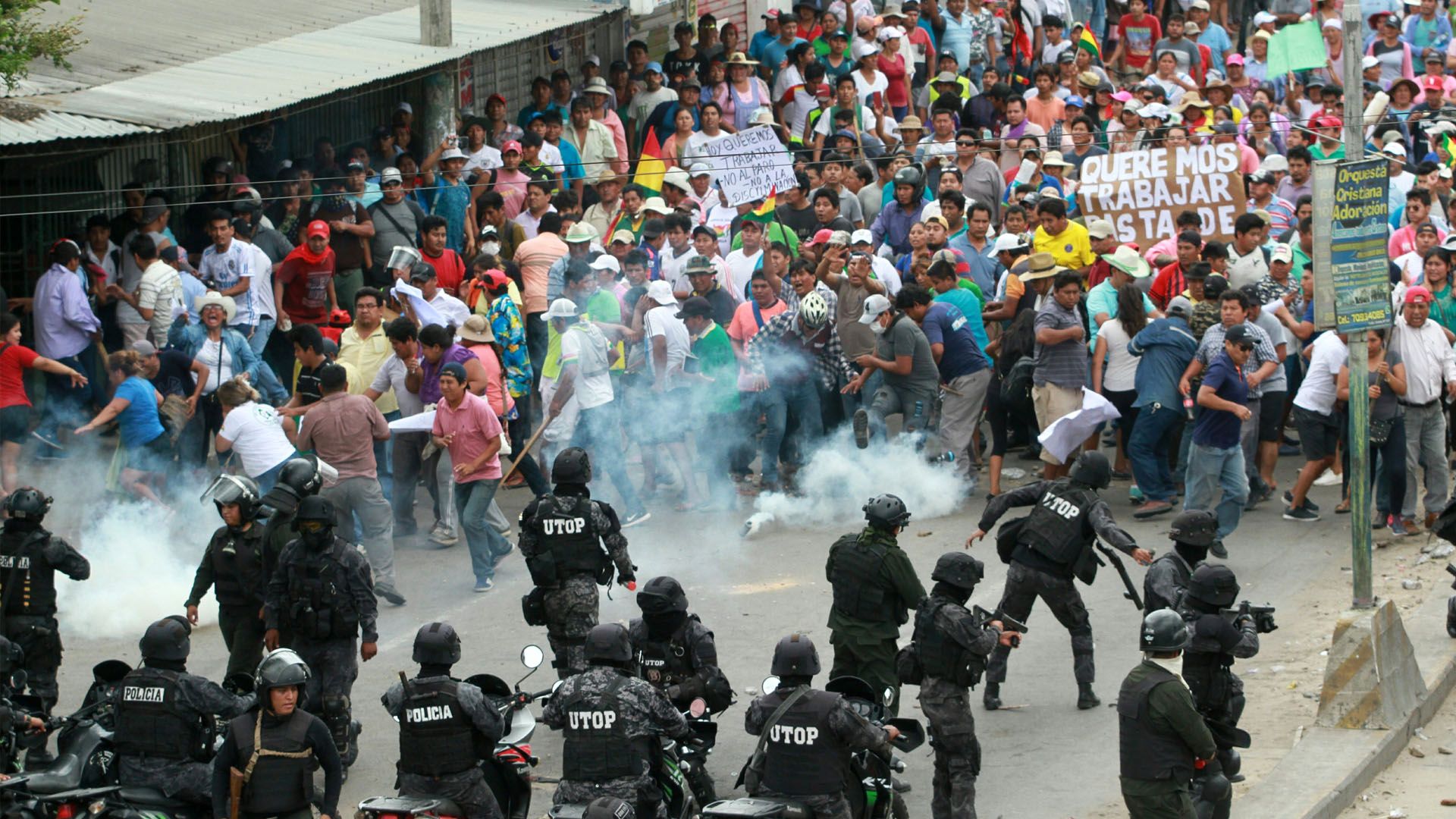
With Taiwan’s presidential election and the subsequent aftermath looming ahead, pundits, geopolitical, and defense analysts, as well as the myriad of so-called ‘experts’ across Social media are all placing their bets and presenting to the world their opinions on the outcome of the Taiwanese election and what will transpire with China once the polls are closed and a victor emerges. Not that anyone has asked for the plethora of opinions now starting to come the public’s way on television news shows, social media and in IR academic journals. But still. It’s the usual game. A significant event appears on the horizon in a global hotspot and everybody wants to break out the crystal ball and foretell what the future will hold. The countdown is underway and readers are going to see a variety of opinions crop up between now and next week, with some revised so as not to contradict with the original positions of the authors,
Will the Taiwan’s presidential election this weekend result in a new political dynamic for Taipei that eventually forces the People’s Republic of China towards military action? This question has gained quite a bit of traction over the past month with Xi Jinping’s public comments predicting Taiwan will eventually be reunited with the mainland. Election commentary also has played a role in stoking the fires of speculation. Beijing’s concern at the present time is that the election will result in a candidate who moves Taiwan closer to independence. Xi and China will not stand by and accept actions that steer Taiwan down the path to independence and international recognition of its sovereignty.
This month is slightly similar to January of 2020 with deteriorating situation between Ukraine and Russia. During that time analysts and pundits staked their predictions across the board. Some believed war was coming while others saw the January 2022 tensions as the latest in a series of containable geopolitical crises between Kiev and Moscow with both sodes struggling for leverenge. It was not seen as the transition to war which it turned out to be in reality for Russia.
On Friday once the election is over we’ll look at the new candidate and speculate on the routes that China-Taiwan and US-China relations will be going down after the election and installment of Taiwan’s new president.



